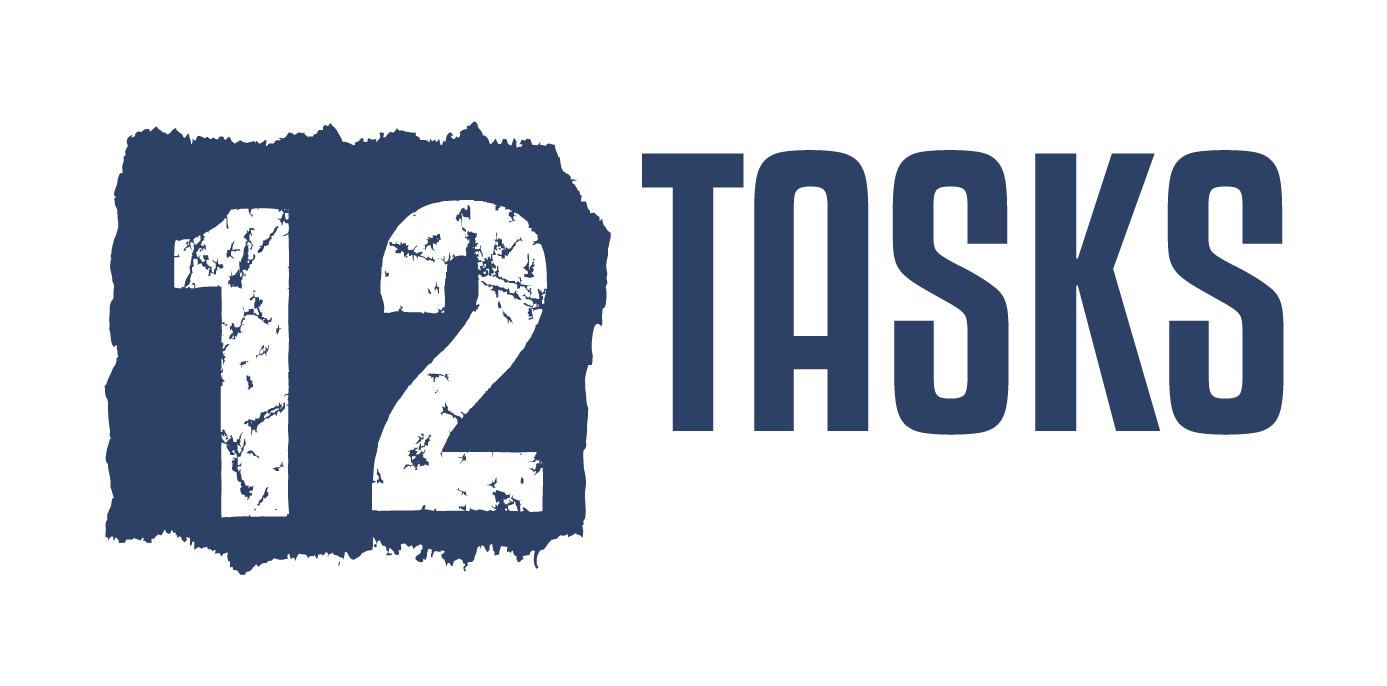Somedays I feel like I’m still determining my identity. I was born in Canada, grew up in Ecuador, Texas and then Canada before heading to Kenya over a period of 18 years. The culture of each place was different and I learned to change my sense of who I am on the plane or in the airport as I moved from place to place.
Someone who grows up in one place wouldn’t identify with me and yet there are others who have had similar growth experiences who understand exactly. We often think of culture as referring to our clothing styles, our eating preferences, our language ability, our behaviors and habits. It also refers to our deeper values, beliefs and shared ideas. It’s our worldview and the framework through which we make sense of the world around us.
12 Tasks is not meant to create insiders and outsiders. Rites of passage do accomplish that in many tribal settings and we don’t want to recreate that sense of alienation for those who accept the challenges and those who don’t. While 12 Tasks works well in group settings, it is very much an individualized experience for parents and children facing the teen years. No matter where you live in the world, you can design the experience for your unique needs and interests.
Culture is something we learn growing up with our family, our community, our customs, our friends and our country. We sometimes frame our world into those who are like us and those who aren’t. We might do it through sports jerseys, clothing styles, haircuts, political parties, church affiliations, religious paraphernalia, passports or some other external symbol of identification. These things can help us create order or chaos depending on how open we are to those unlike ourselves.
12 Tasks reminds us that while we may appear similar to others on the outside, we may be very different on the inside. Your customs, food, language and traditions may be like those around you but your worldview, values and basic beliefs may be very different under the surface. We mustn’t allow our assumptions and presumptions about each other to pre-determine who may thrive in a challenge like this and who might not be interested.
In their book, Third Culture Kids (David Pollock, Ruth Van Reken and Michael Pollock, p. 58) state that
With the advent of the Internet and worldwide social media, a global pop-culture where teens everywhere wear the same kind of athletic shoes or adore the same musical groups, to the worldwide syndication of TV and movies, the visible layer of culture for people and groups around the world is more similar than in previous eras. In fact, many have told us they don’t believe the cultural issues or challenges… are relevant in today’s world because of what they consider as some sort of “global culture.” But when we read the …blogs or chat rooms, more than ever the questions of ‘Where do I belong?’ And ‘Where do I fit?’ Fill cyberspace. The nastiness of so many comments on Facebook, Twitter, and Instagram, or responses to articles posted online belies any sense of “one big happy family” forming in this world despite more external similarities.
Personal identity formation is a key to healthy maturity and 12 Tasks is intended to be a tool to assist with this reality. Identity as part of a group is part of this formation and the 12 Task groups which will journey together will be a source of encouragement in your neighborhood and around the globe. We take in our culture in the same way we breath – moment by moment and day by day.
The church community I lead has members from 63 different nations and I feel right at home with people in a global community. Yet, when individuals within that community share language, a sense of home, food tastes, memories, experiences and values there is an infinitely deeper identity for them with each other. Having gone through the 12 Tasks process with my own children and with friends has connected me at a deeper level in feeling like somehow, I belong with these pilgrims who have faced and conquered life-transforming challenges while developing deeper relationship with those who matter.

